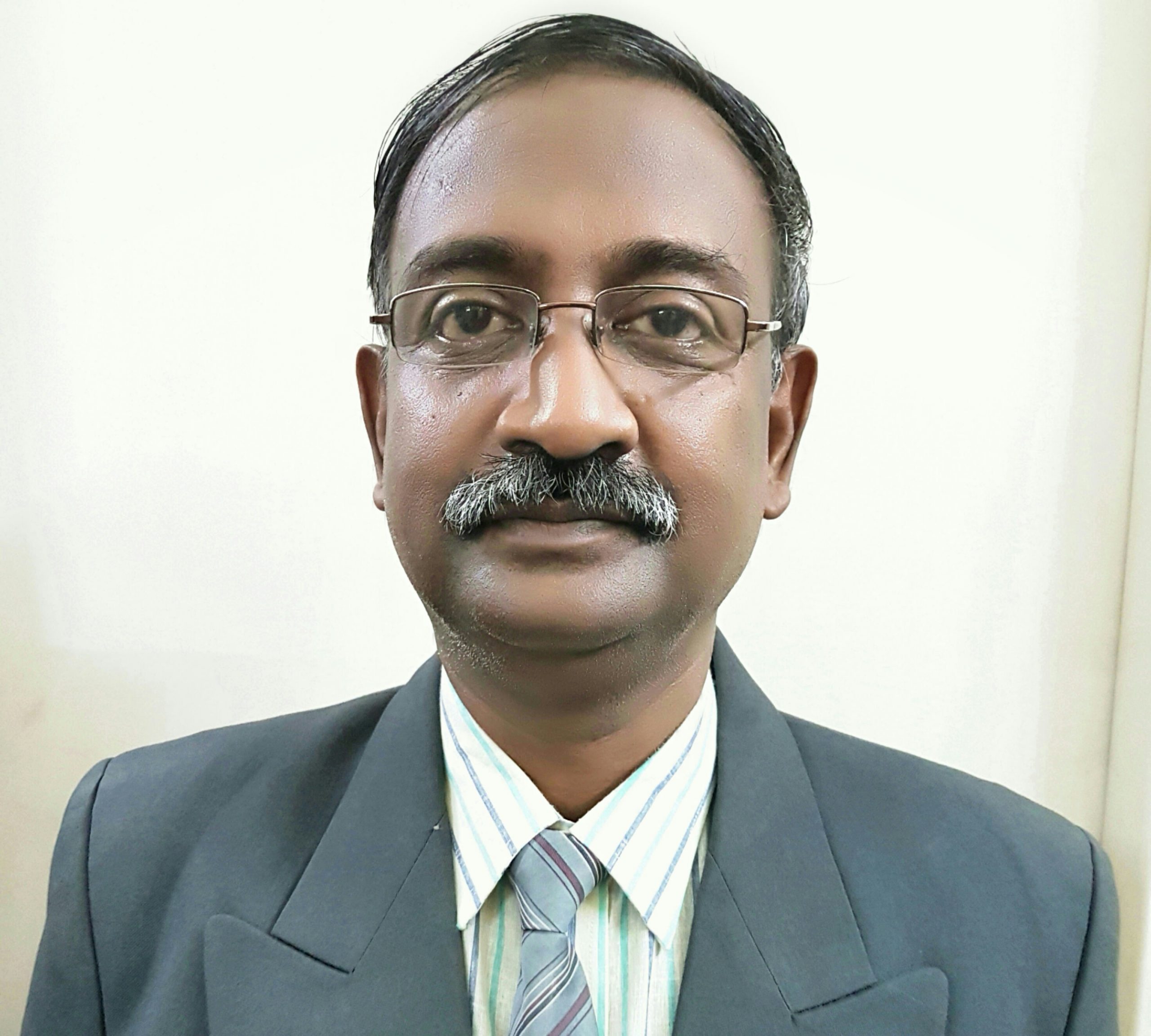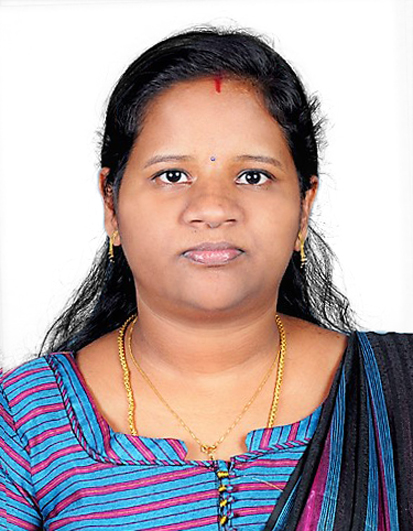
A marine ecologist is on the mission of understanding the marine ecosystem and perceiving the expressions of nature. Intend to reveal the secrets of our oceans’ remarkable power to handle the insatiable human endeavors of exploitation and providing resources liberally with a challenge, having a vision of developing eco-friendly technology by mimicking natural ecosystem processes and demonstrating. As a scientist involved in assessing ocean technology activities’ eco-friendly nature and achieving green inventiveness in coastal engineering by carrying out many marine environmental impact assessment studies, researching green facade development through mangrove pod technology, and drawing pollution management plans through waste load allocation studies. In the current scenario, economic development needs a flagship of eco-friendly technology. The perceived technologies, like beach wells for plankton-free seawater, mitigate climate change impact disasters by enhancing photosynthetic reactions, enabling the release of more oxygen & consumption of carbon dioxide from the atmosphere. This technology also prevents fish fecundity loss (eggs & Larvae), enhancing national capture fishery and alien-free ballast water for the shipping industry to prevent the spread of invasive alien species (IAS) worldwide. The passion for conserving neglected microscopic planktonic form is a noble cause that shall slow down the gears of human extinction from the beautiful mother earth.
Further, the plankton/microbe-free feed water intake point enables predator-free seawater to be intensive/semi-intensive aquaculture forms. It allows improved yield and is less prone to microbial diseases from intake water bodies like sea/river/tanks. Microbially induced calcium precipitation (MICP) shall be utilized for shoreline stabilization as a non-conventional technology. Enhancing epibiota on coastal erosion protection structures and artificial reef modules produced inshore fishery for small-scale artisanal fishing. The utility of microbiota by aggregating and enhancing techniques like microbially induced calcium precipitation (MICP) is a suggested choice for shorelines & dune stabilization in a non-conventional technology. Also, this technology is beneficial in pollutant containment for persistent metal pollutants. They aided as carbon sinks are some critical findings in the scientific carrier.

